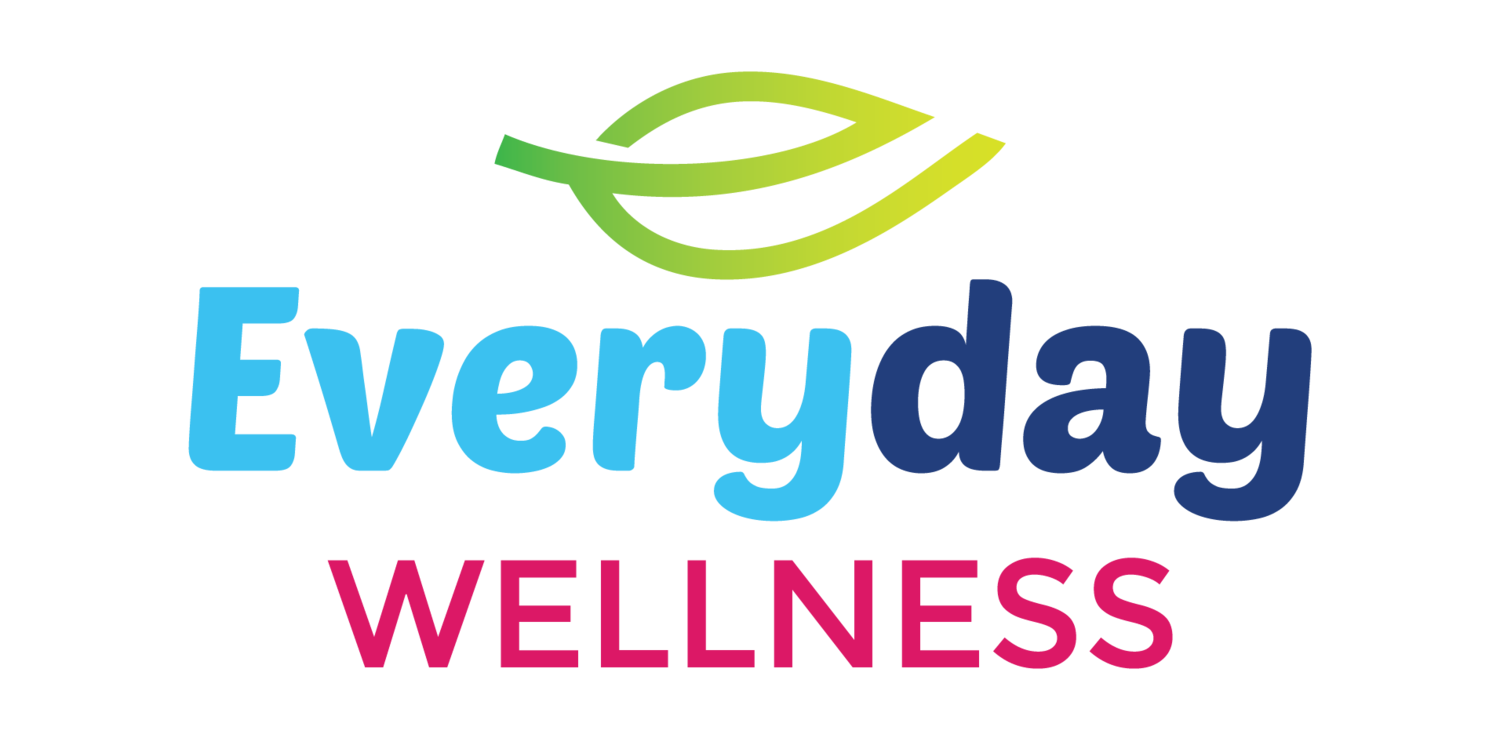For anyone who has read my story, you will know that in my mid to late 20’s Gaviscon was my best friend. I didn’t know what was going on and twice I ended up in hospital thinking I was getting a heart attack !!
Eventually as time went on, I was diagnosed with a hiatus hernia, gastritis, reflux. So it took me a long road to find out what were the things that aggravated it and what were the things that eased it. Obviously, the Guinness at the time that I was drinking wasn’t being kind to me, and I did persevere for awhile to see if I could get away with it! My diet was poor in college and stress was high all the things to promote acid reflux.
My last scope 2 years ago, the gastroenterologist asked me who diagnosed with you with a hiatus hernia I cant see any, even though in my 20s and my 30s both showed one – I must have magical powers !
If this topic interests you then read the blog on my website.
So what is Acid Reflux ?
Acid reflux is the backflow of stomach contents into the oesophagus that can occur shortly after a meal or when lying down. This causes a burning sensation in the mid-chest ( HENCE THE HEART ATTACK FEELING). When food is consumed, your stomach secrete hydrochloric acid, so you can digest it. If the food returns back up your oesophagus, so does the stomach acid it contains, producing a burning sensation.
Normally, acid reflux is prevented by the lower esophageal sphincter, a valve that is supposed to close tightly after you swallow food and it moves down the oesophagus into your stomach. When the lower esophageal sphincter doesn’t close, the stomach acid produced to digest your food can flow back up your esophagus.
What are some of the causes ?
Hiatus Hernia
Obesity
Helibacter Pylori
Insufficient Stomach Acid
Some Medications
Maldigestion of carbohydrates.
What Can we do ?
1. Relax
Stress can exacerbate almost every imbalance in your body, including heartburn. When you’re stressed, it directly affects your digestion due to the impact on your parasympathetic nervous system, and research shows a direct correlation between increased stress and increased symptoms of GERD
2. Eat Smaller Portions
The more you eat, the more acid your stomach will need to produce to break down your food. If you tend to eat large meals, try eating smaller portions throughout the day to give your stomach th space it needs to digest your meals with a moderate amount of acid production.
3. Reduce Foods which aggravate it which are some of the following:
Drinking too many caffeinated beverages, such as coffee, tea, cola. Avoid caffeine intake – caffeine relaxes the lower Oesophageal sphincter, which is the muscle at the bottom of the Oesophagus. When this muscle is relaxed, you’re more likely to have reflux of stomach contents into the Oesophagus. A little caffeine is probably okay, but multiple cups of coffee a day is too much.
Milk Chocolate may also cause heartburn as it contains caffeine.
Acidic foods: tomato based foods, peppers,
Citrus fruits –oranges, grapefruit, lemons
Spicy Foods
Alcohol relaxes the lower Oesophageal sphincter and can increase reflux
These are just some of the foods which may be aggravating it for you. We are all different ,that’s why the individualised plans that I create for people work best.
You also need to create better habits :
Slow down and chew your food.
Don’t over consume fluids with meals.
Stay upright for 3 hours after eating – this will allow your food to digest more completely and reduce the amount of reflux you have when you lay down
For the Nutritional and Wellbeing Programmes, we approach all angles to help ease the symptoms. This is done through foods, supplements, herbs and lifestyle techniques and changes. If you would like to find out more contact Jen on 0877605242 today.















